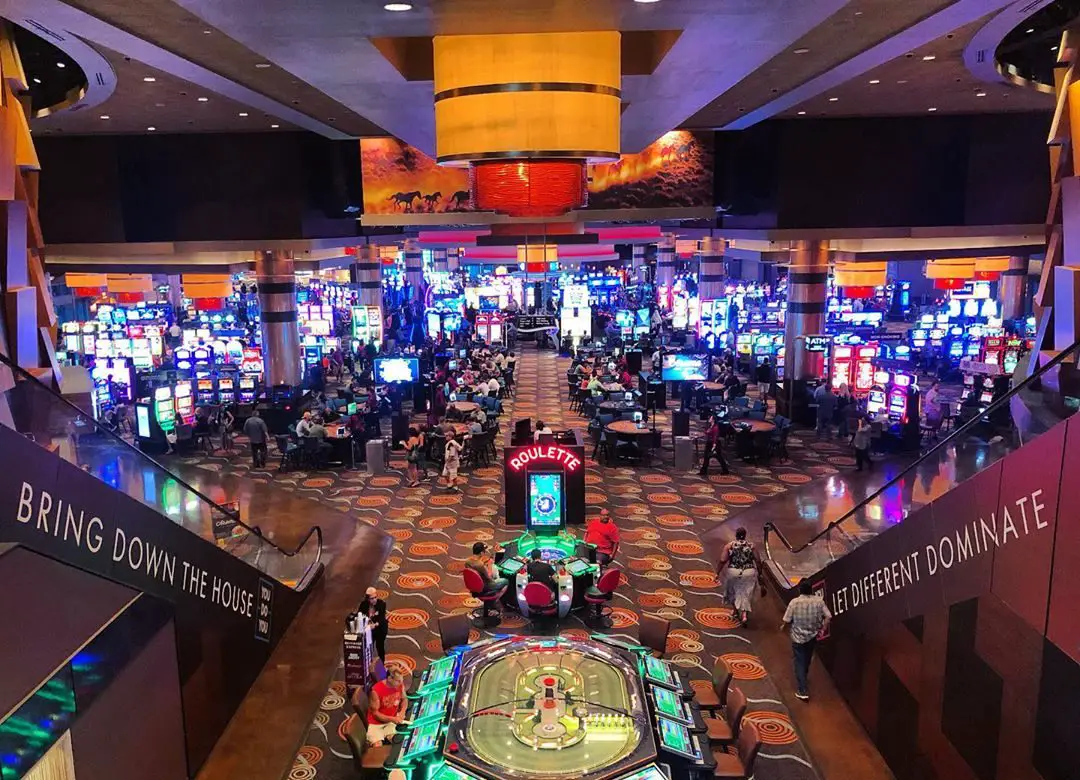When we think of casino activities, the initial images that frequently come to mind are those of spinning wheel wheels, card tokens clattering on felt surfaces, and dice flying across a gaming area. While numerous consider these activities as simple pastimes fueled by luck, a deeper exploration reveals a fascinating blend of tactics, expertise, and social interaction that elevates them well beyond basic luck. Whether you are a seasoned player or a curious newcomer, understanding the nuances of these games can greatly enhance your enjoyment and appreciation.
Gambling activities have developed over hundreds of years, with various cultures contributing to their diverse histories and variations. From the intricate tactics of 21 to the deception methods in card games, players engage in a battle of wits as much as a gamble on numbers. This exciting interplay between chance and expertise creates a thrilling atmosphere that draws countless people to gambling establishments worldwide. As we delve into the world of table activities, we will uncover the strategies that can tilt the odds in your advantage and the social elements that make these games a popular choice for entertainment and engagement.
A Approach Behind Table Gaming
Casino gaming often combine a mix of skill and chance, which makes them fascinating for participants who like a challenge. Every title has their own set of guidelines and strategies that can influence the results. For example, in titles like 21, players are required to use tactics like counting cards and grasping the probabilities to make informed decisions. This skill set can significantly improve their winning potential, distinguishing seasoned participants from novices who may depend entirely on chance.
Conversely, titles such as the roulette may appear to be entirely based on chance, but strategic thinking can also come into the equation. Players can choose between various wagering tactics, such as the Martingale system, in which they increase their bets after losses. This method can create a more controlled approach to the game. Grasping the probabilities of specific bets can also assist players make smarter decisions on the table, showcasing that even in titles of luck, tactics can enhance the experience.
Additionally, the game of poker stands out as a title that heavily emphasizes tactics. In contrast to most gaming games, poker merges skill, psychology, and luck. Participants must not only focus on the cards they are dealt but also consider their rivals’ actions and wagering patterns. Mastering principles like table position, pot odds, and interpreting bluffing is crucial for winning. This complexity of tactics in poker often leads to a more immersive encounter for players, where the choices and skills significantly impact the match’s results.
Understanding Probability and Ratios
In the domain of gambling matches, probability and odds have a crucial role in determining a player’s potential outcomes. Every match has its own collection of guidelines that dictate how the chance of winning or losing is calculated. For example, in games like blackjack, players have a opportunity to modify their ratios through strategy, whereas in games like roulette, the outcomes are purely dictated by luck. Grasping how these probabilities are measured can substantially impact how a gambler tackles the game.
Odds are typically shown in two forms: fractional and decimal. Fractional odds show the proportion of the amount gained to the sum staked, whereas decimal ratios show the overall return for a winning bet, which includes the initial bet. For example, if a game has odds of 5 to 1, this implies that for every one unit bet, a player could gain five dollars if successful. Knowing how to read these odds enables players to assess their potential winnings and formulate more informed decisions during gameplay.
Gamblers should also be conscious of the casino advantage, which is the casino’s built-in benefit over the gamblers. Each game has a distinct advantage, and understanding this concept is crucial for controlling one’s expectations and funds. 789pa.net Games with a lower advantage, such as blackjack and chemin de fer, typically offer better odds for players compared to games like slot machines and lottery. By recognizing the relationship between probability, ratios, and the house edge, players can improve their gaming engagement and strategize more effectively.
The Social Aspect of Table Gaming
Table games at gaming establishments are often seen as a hub of community engagement, bringing participants together in a shared experience that extends far past the mere act of gambling. The atmosphere at a poker table can be vibrant, with players engaging not only with the game itself but also with one another. Joy, excitement, and, sometimes, playful teasing create connections that enhance the overall enjoyment of the gaming experience. This communal aspect can turn a alone endeavor into a lively social event, making table games particularly enticing.
One of the fascinating elements of table gaming is the way it cultivates friendship among participants. Whether it’s teaming up to beat the dealer at a dice table or sharing stories between hands in a card game, the environment encourages communication. Players often share tips or strategies, creating a sense of community that enhances the fun. This social dynamic can make new gamblers feel welcomed and less daunted by the competitive nature of casino games. As the game continues, friendships may form, leading to a sense of belonging that keeps participants returning to the table.
Moreover, the social aspect of table gaming extends outside just the players. Casino staff play a crucial role in encouraging interaction and maintaining the flow of the game. Their ability to engage gamblers with warm dialogue and their expertise in managing the table can create an welcoming atmosphere. This relationship between players and dealers adds another layer of enjoyment, where players feel bonded not only to one another but also to the staff. Such interactions are often what make the experience memorable, as participants leave with stories to tell and connections made, reinforcing the notion that table games are truly about something greater than luck.
